
Bill would raise minimum hourly wage to $15
Hawaiʻi’s hourly minimum wage would increase over two years to $15 by 2020 under a proposal advanced Tuesday by the Senate Labor Committee.
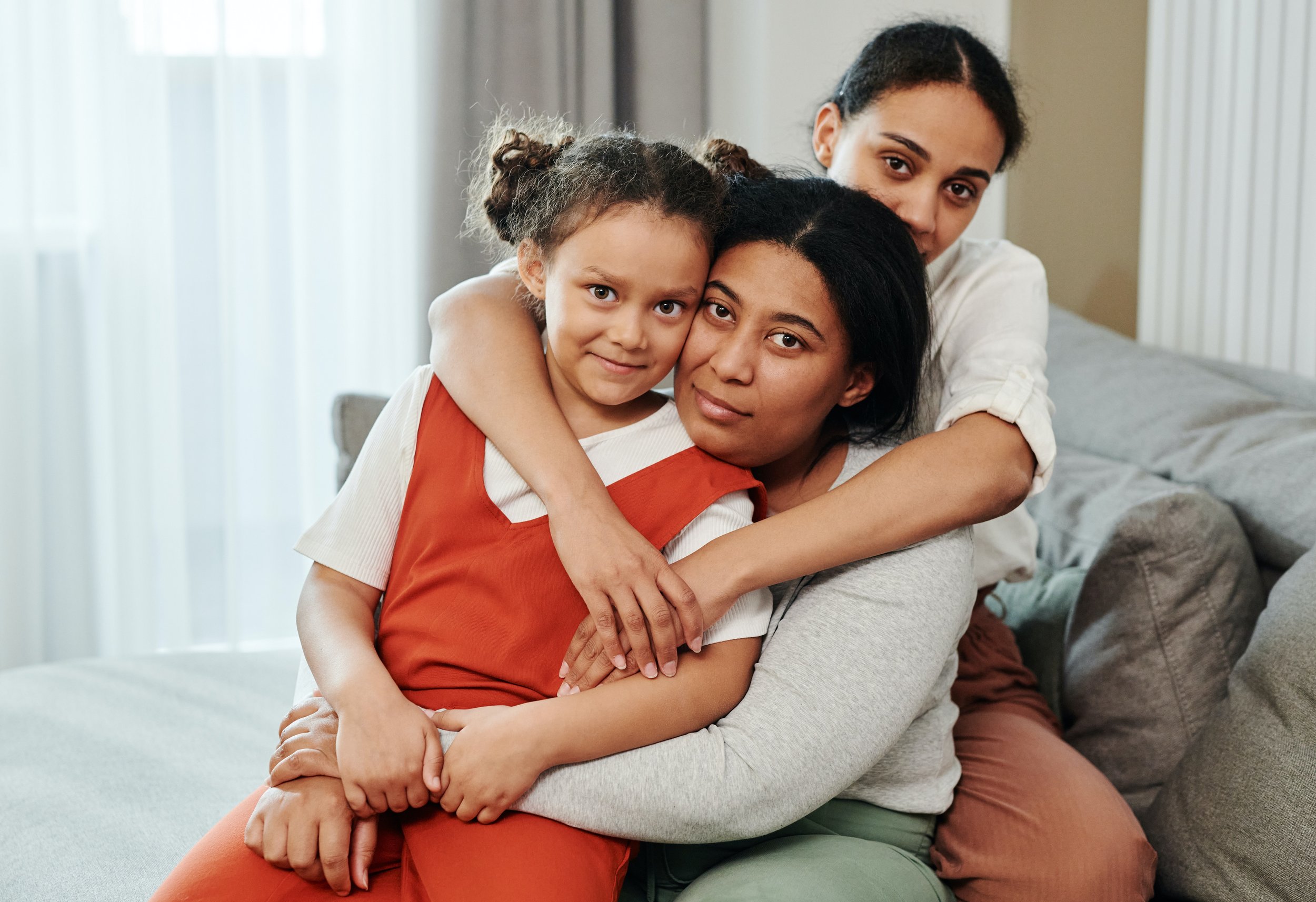
Health and human services providers gearing up for legislative session
A $15 an hour minimum wage and an increase in the low income renter’s credit will help struggling families.
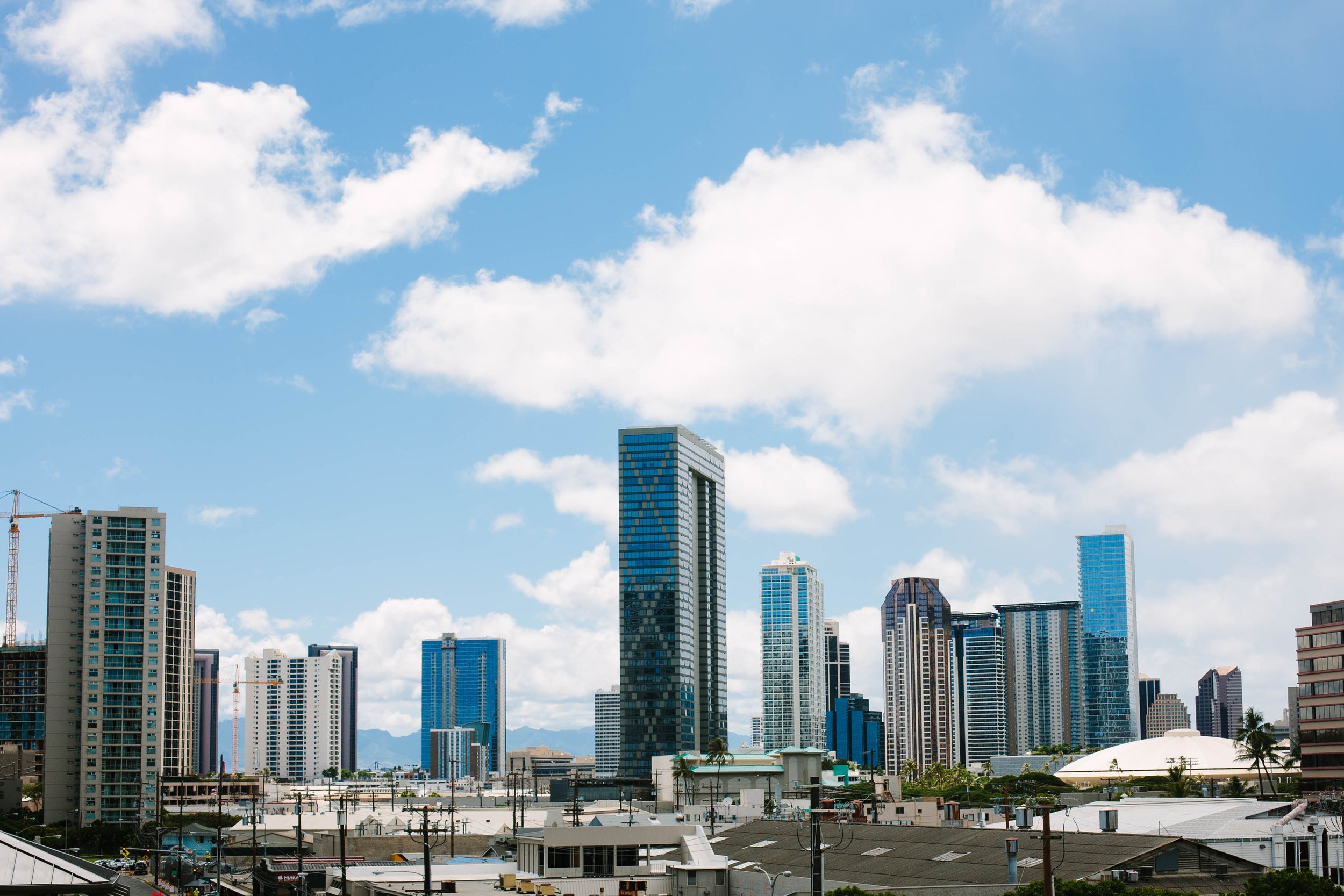
Segregation? Tenants in affordable units to get separate entrance
A mixed-use residential high-rise planned for the Ala Moana area is raising some concerns because it has separate entrances for those who purchase market-rate condo units—and those who will live in affordable rentals on the same property.

Hawaiʻi debates progressive taxes, Oʻahu ferry, green fuel
A tax bill aimed at helping the islands' most economically vulnerable would raise taxes for wealthier families while giving tax credits to those with lower incomes.
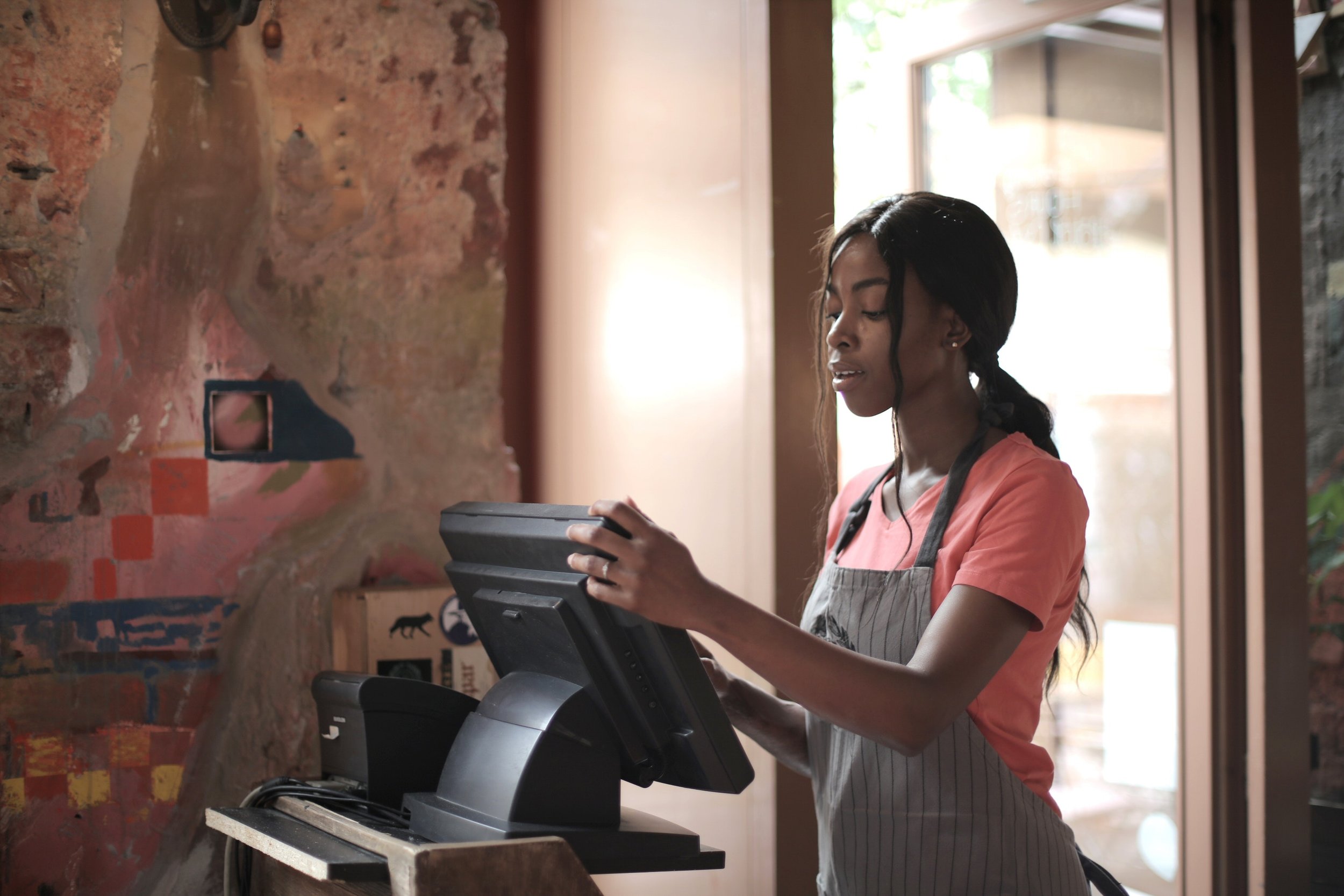
Should we change the minimum wage to a living wage?
Hawaiʻi’s minimum wage workers are faced with an impossible challenge: dealing with the biggest gap nationally between a state’s minimum wage and the basic earnings required to meet the local cost of living.
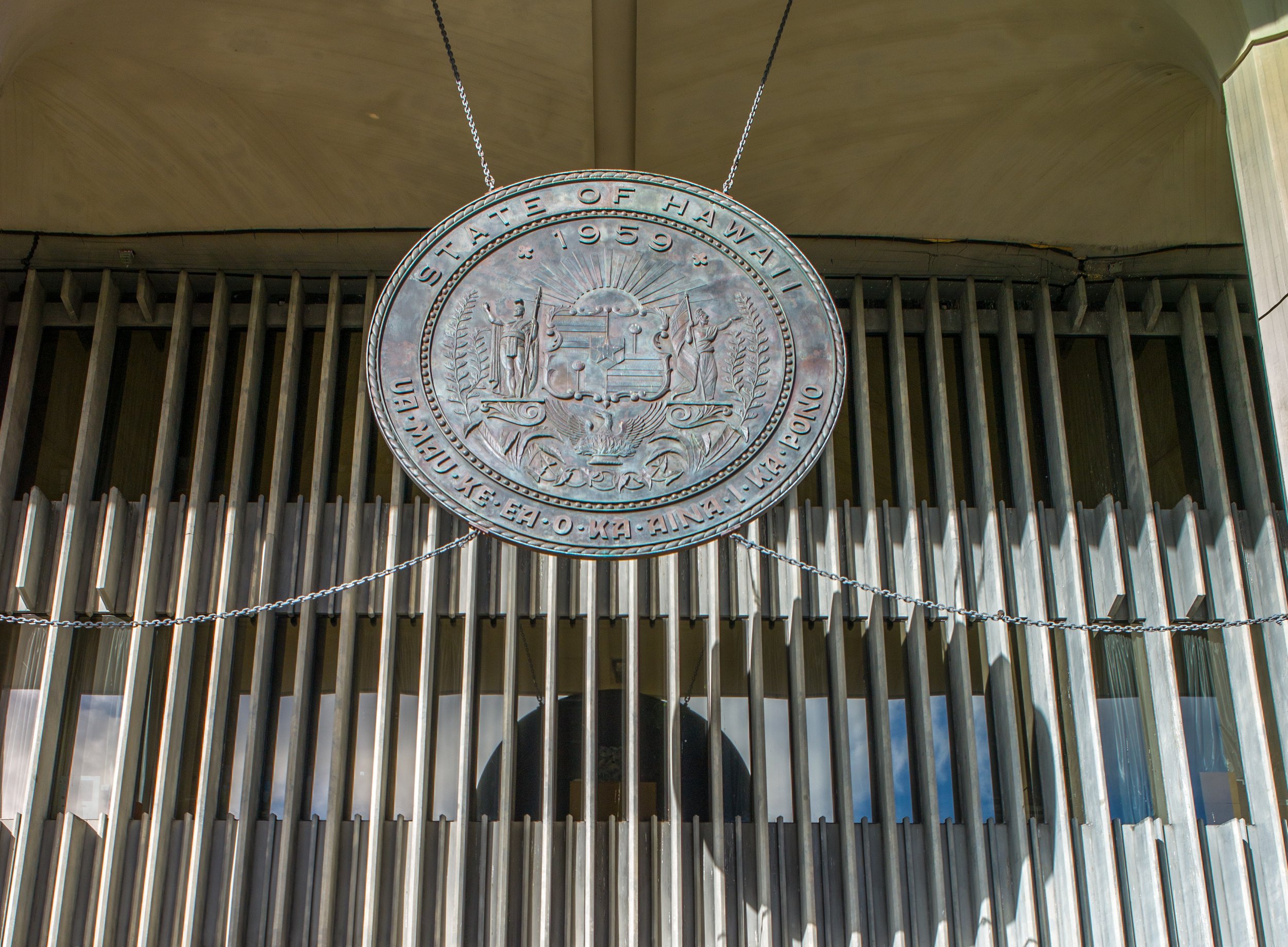
Bills to raise Hawaiʻi’s minimum wage are non-starters
A measure to establish a $15 per hour wage by 2021 did not get a hearing in the Senate Ways and Means Committee.
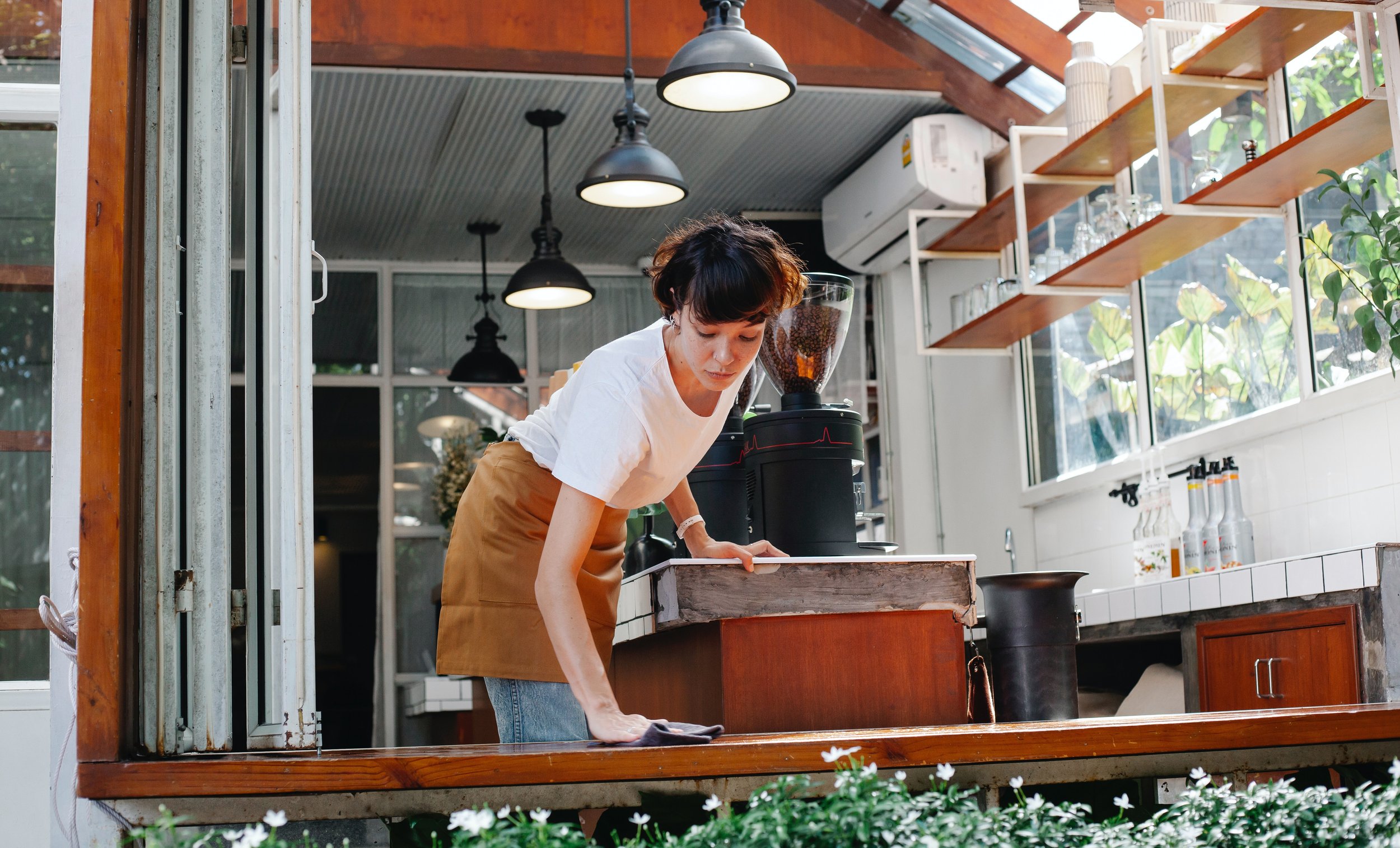
Close gap between low wages, housing
Given that Hawaiʻi has the highest cost of living in the nation, in real terms we pay our workers the lowest wages compared to any other state.

Shifting salaries
Federal overtime rules were established to protect employees from being asked to work long hours without pay, yet low-wage workers doing managerial, administrative or professional duties as salaried employees could be taken advantage of by a loophole in the overtime requirement.
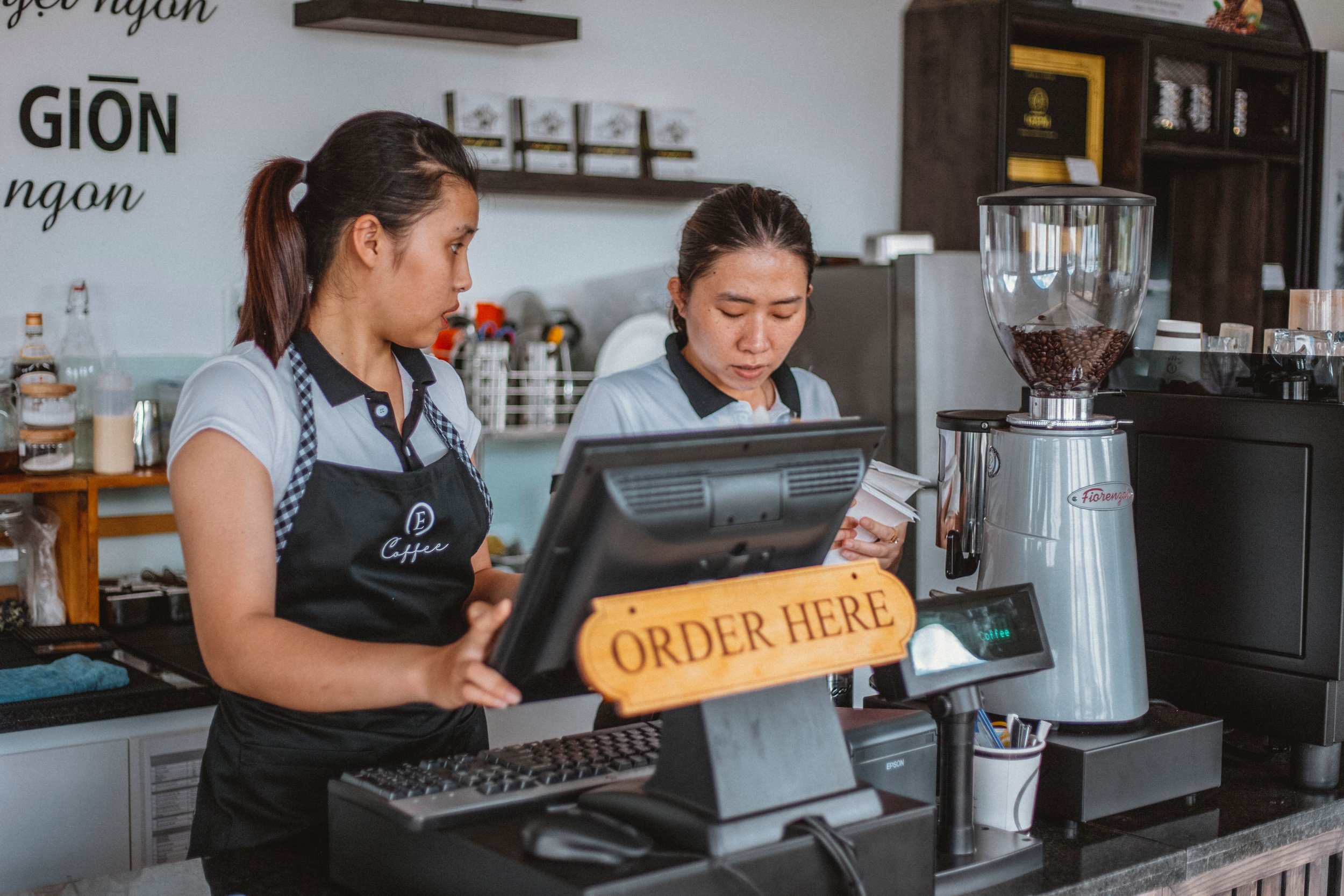
Isle incomes increase along with home costs
Hawaiʻi incomes are on the rise, but so is the state’s cost of living and especially the housing costs, which remain the highest in the country.

Census data ranks Hawaiʻi 9th highest for poverty
When you figure in the cost of living, Hawaiʻi’s poverty rate skyrockets from 11 percent of the population to nearly 17 percent, or 1 in 6 residents.

Many remain unemployed despite lots of job openings
The Appleseed report provides a broader vision on how to break the downward cycle: get more money into the hands of poor people, because they usually live so close to the financial edge that the smallest problem can lead to a crisis.
